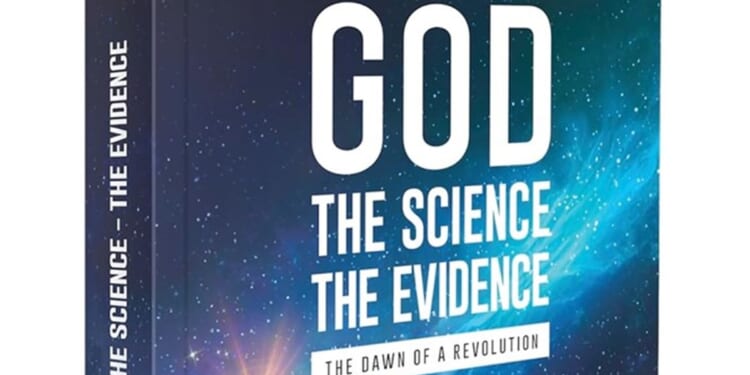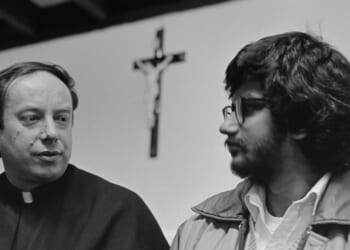IT IS unusual, to say the least, to find a heavy book of theology with “International Bestseller” emblazoned across the cover. It was published recently in French and is now translated into English. The two authors of God, the Science, the Evidence present the reader — and themselves — with a challenge: can scientific method prove that God exists, creating the universe with everything in it, and that Jesus Christ is his miracle-working Messianic Son? It is a bold work.
Despite being a weighty volume, the book is surprisingly easy to read and packed with testimonies from “renowned” scientists hailing from “prestigious” universities. The language and style are Evangelical and Christian-centred (other religions are dismissed in a footnote as “beliefs rarely rationally articulated”), while the polemical enemy is the Materialist. The authors’ goal “is to gather into one volume the most up-to-date rational arguments for the possible existence of God”. They are right to identify the various elements of that great revolution of thought which we are currently experiencing. The world of knowledge has changed radically over the past century and a half: Darwin’s theory of evolution, Einstein and relativity, Creation emerging from a Big Bang, indeterminacy in the quantum realm. The implications for faith in this modern world are immense.
The atheist thinker Richard Dawkins wrote in his book The God Delusion that “The God hypothesis is a scientific hypothesis about the universe, which should be analysed as sceptically as any other.” The authors explore this idea and come to the intriguing conclusion that, far from needing no God, the revelations of science point to the existence of that loving divine Creator central to the Judaeo-Christian tradition. Science, long thought to be the enemy of religious belief, turns out, when properly understood, to be a potential ally.
The reader will inevitably question many of the lines of argument and the way in which the authors dismiss many rational points of view which they personally reject. For instance, does the discovery that this universe began with a Big Bang (an “In the beginning” moment) point to the need for a Creator? Faith that God is the Ground of all Being, generating the eternal Now, needs no such proof. God could equally be the ultimate cause of an eternal universe. To treat the Genesis story of creation as literal mistakes the nature of its beautiful and truthful language.
And arguments intending to prove that Jesus was Messiah and Son of God and not simply a myth, madman, sage, ordinary man, or prophet (presented to us as an extended courtroom trial) are based on the unexamined premiss that the Bible is literally true in all its reporting. There is much to ponder, debate, and dispute here.
The Revd Adam Ford is a former Chaplain of St Paul’s School for Girls.
God, the Science, the Evidence
Michel-Yves Bollore and Olivier Bonnassies
Abrams £22
(978-99987-824-0-2)
Church Times Bookshop £19.80

















